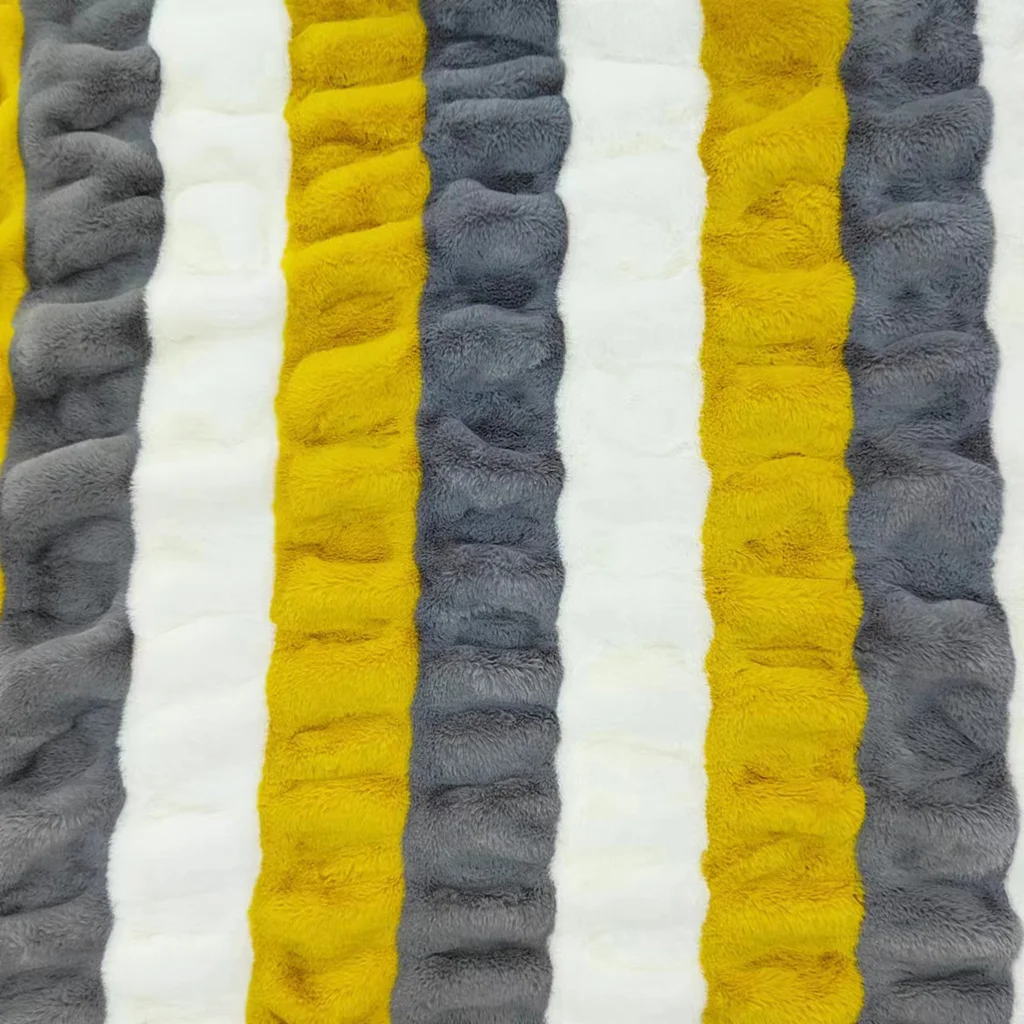
Cotton is a widely popular fabric known for its comfort, breathability, and versatility. However, there are certain situations where wearing cotton may not be the best choice. In this article, we will explore various scenarios when opting for alternative fabrics is more suitable, providing you with practical insights for making informed clothing decisions.
- Intense Physical Activities:
When engaging in high-intensity workouts or sports activities, cotton may not be the ideal fabric. Cotton absorbs moisture easily, which can lead to sweat saturation, making the fabric heavy and uncomfortable. Instead, consider fabrics like polyester or nylon, which offer moisture-wicking properties, keeping you dry and comfortable during intense physical activities. - Outdoor Adventures in Cold Weather:
Cotton is not an ideal choice for outdoor activities in cold and wet conditions. When cotton gets wet, it loses its insulating properties and takes a long time to dry, leaving you feeling cold and uncomfortable. Opt for fabrics like wool or synthetic blends, such as fleece, which provide better insulation and retain warmth even when damp. - Professional Settings:
While cotton is a popular choice for casual wear, it may not always be suitable for professional settings. Cotton tends to wrinkle easily, giving a less polished and professional appearance. Consider fabrics like wool, silk, or blends with a higher percentage of synthetic fibers, which offer a more refined and wrinkle-resistant look. - Hot and Humid Climates:
In hot and humid climates, cotton can absorb sweat and become clingy, causing discomfort and potential skin irritations. Look for fabrics that are lightweight, breathable, and moisture-wicking, such as linen or certain synthetic blends. These fabrics allow for better airflow, keeping you cool and dry in humid conditions. - Water-based Activities:
When participating in water-based activities like swimming or water sports, cotton is not the most practical choice. Cotton absorbs water and becomes heavy, making it difficult to move freely in the water. Opt for fabrics specifically designed for water activities, such as nylon or polyester blends, which dry quickly and provide better mobility.
Conclusion:
While cotton is a versatile and comfortable fabric, there are situations where alternative fabrics offer better performance and comfort. By considering factors such as physical activity level, climate, and specific activities, you can make informed decisions about the most suitable fabric for your needs. Whether it's opting for moisture-wicking fabrics during intense workouts or choosing wrinkle-resistant materials for professional settings, exploring beyond cotton opens up a world of possibilities for comfortable and functional clothing choices.


